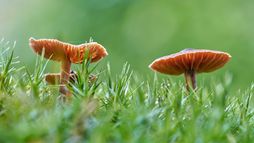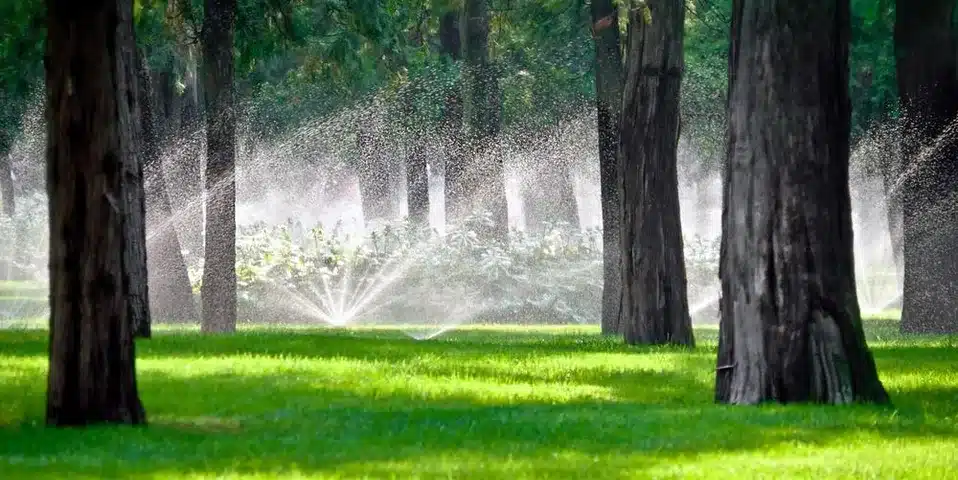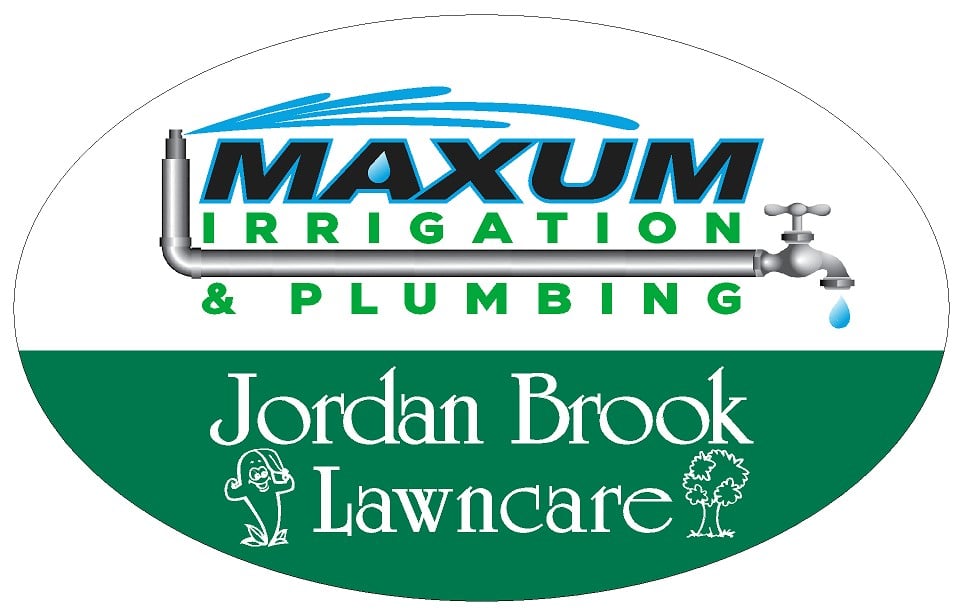Watering your lawn on a regular basis helps keep it lush and verdant. However, it is possible to overwater your lawn, which can cause some undesirable issues, including fungus and pest infiltration. As the weather warms up, you may need to schedule your sprinkler system to run more frequently. If you notice one of these three signs, however, you will need to scale your watering schedule back.
3 Signs Your Sprinkler System Is Excessively Watering Your Lawn
1. Thatch

2. Weeds
Excessive watering also allows weeds to thrive. Organisms like crabgrass, nutsedge, and creeping buttercup love damp environments and can quickly wreak havoc on your lawn health. Nutsedge can grow up to three feet tall, so it’s important to address the issue before it exacerbates.
3. Puddles
Water pooling on your lawn after a sprinkler system session always signals a problem. Water runoff to your driveway or street also means you need to cut back on your watering regimen. In addition, those who overwater may notice a spongy like quality when walking across their lawn. With continued flooding, the grass may begin to lighten and turn yellow. Contact your local irrigation service to install a system that won’t overwater and will ensure your landscape is long-lasting.
If you need assistance managing your sprinkler system or keeping your lawn healthy and vibrant, consult the experts. The team from Maxum Irrigation, in Waterford, CT, provides the quality lawn sprinkler and irrigation support that locals deserve. To learn more about how the professionals can help you cultivate a beautiful, healthy landscape, visit the business online. You may also call (860) 525-7000 to speak with a representative.



